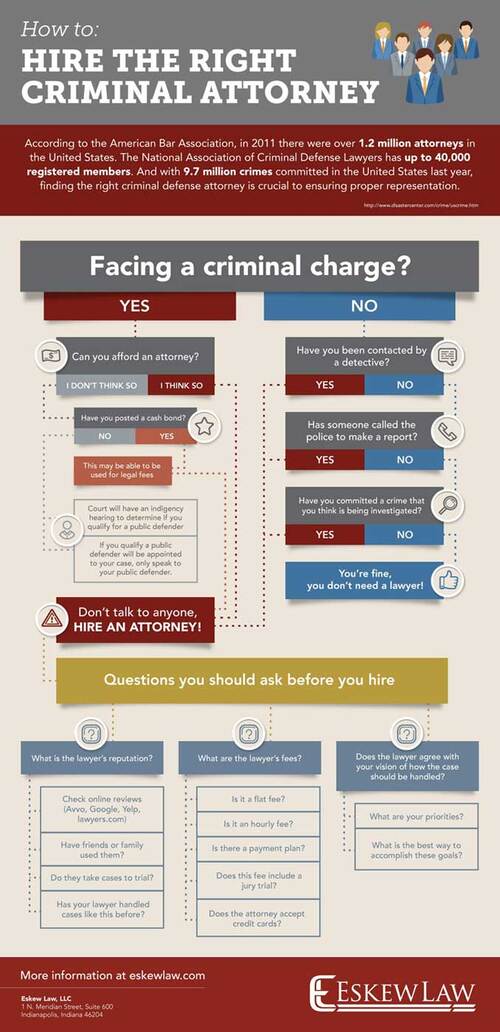Introducing The Inner Workings: Understanding The Psychological Elements Of Clerical Offenders
Introducing The Inner Workings: Understanding The Psychological Elements Of Clerical Offenders
Blog Article
Produced By-Roach Birk
Did you understand that behind the polished appearance of clerical criminals exists a complex internet of emotional inspirations? While just click the next website might presume that these individuals are driven only by greed, the reality is much more intriguing.
Delving into the minds of clerical offenders reveals an interesting mix of personality type, social variables, and concealed desires that add to their illegal activities. Understanding the psychology behind these criminal activities not only clarifies the inspirations behind them, yet also elevates profound concerns about our very own susceptability to lure.
So, what makes these people tick? Join https://personaldefenselawyer21025.ziblogs.com/25776152/demystifying-the-legal-process-exactly-how-criminal-defense-attorney-can-help as we check out the exciting world of white collar lawbreakers and reveal the detailed workings of their minds.
Inspirations for Clerical Crimes
White collar crooks are motivated by different factors that drive them to take part in illegal activities for personal gain.
One of the primary inspirations for these individuals is financial greed. They're willing to break the regulation in order to accumulate wide range and maintain a luxurious way of life.
The need for power and condition is one more substantial motivator for white collar bad guys. They believe that taking part in illegal tasks will elevate their social standing and give them a sense of supremacy and control.
In addition, some clerical criminals are encouraged by a sense of entitlement. They believe that they are worthy of greater than what they've and agree to cross ethical limits to attain their desired level of success.
Ultimately, these motivations add to the high frequency of clerical criminal activities in society.
Mental Attributes of Clerical Crooks
As we explore the emotional qualities of people associated with white collar criminal activities, it ends up being evident that their inspirations for engaging in prohibited tasks are deeply linked with their character attributes and state of mind.
Clerical criminals commonly show specific mental traits that add to their participation in deceitful or sly habits. One such trait is an increased feeling of privilege. These people commonly believe that they should have greater than what they have, leading them to participate in illegal tasks to obtain wealth or condition.
In addition, white collar criminals tend to have a high degree of vanity. They have an inflated sense of self-importance, do not have compassion for others, and are driven by a desire for appreciation and acknowledgment.
Lastly, they frequently show a tendency for risk-taking, as they believe they can outsmart the system and prevent discovery.
Understanding these mental traits can offer important insights into the way of thinking of white collar wrongdoers and help in the advancement of efficient avoidance and intervention techniques.
Social Impact of Clerical Crimes
The influence of white collar criminal offenses on culture is significant and multifaceted. These crimes have significant effects that expand beyond the individuals straight included. Right here are 4 methods which clerical criminal offenses influence society:
- ** Economic damages **: Clerical criminal offenses can result in economic losses for people, companies, and also whole economies. These crimes can disrupt markets, weaken capitalist confidence, and result in task losses.
- ** Count on disintegration **: Clerical criminal activities deteriorate trust in establishments and individuals. When people witness high-level experts participating in unlawful activities, it decreases their confidence in the system and can lead to a general suspicion in the direction of authority.
- ** Social inequality **: White collar crimes frequently target susceptible people or neighborhoods, intensifying existing social inequalities. These crimes can expand the void between the rich and the inadequate and bolster systemic injustice.
- ** Legal and regulative changes **: White collar criminal activities prompt the application of more stringent regulations and laws. Culture frequently reacts to these criminal activities by passing measures to stop similar occurrences in the future, guaranteeing better liability and openness.
The societal influence of clerical criminal activities can't be ignored, as it influences individuals, neighborhoods, and the overall fabric of society.
Conclusion
In conclusion, the psychology behind clerical crooks discloses a complex web of motivations and characteristics. These people are driven by greed, power, and a sense of entitlement, which can have significant effects for culture.
It is necessary to remember that not all criminal offenses are devoted by those we may generally associate with criminal behavior. As the stating goes, 'the wolf in sheep's clothing,' reminds us to remain alert and question truth intents of those around us.
